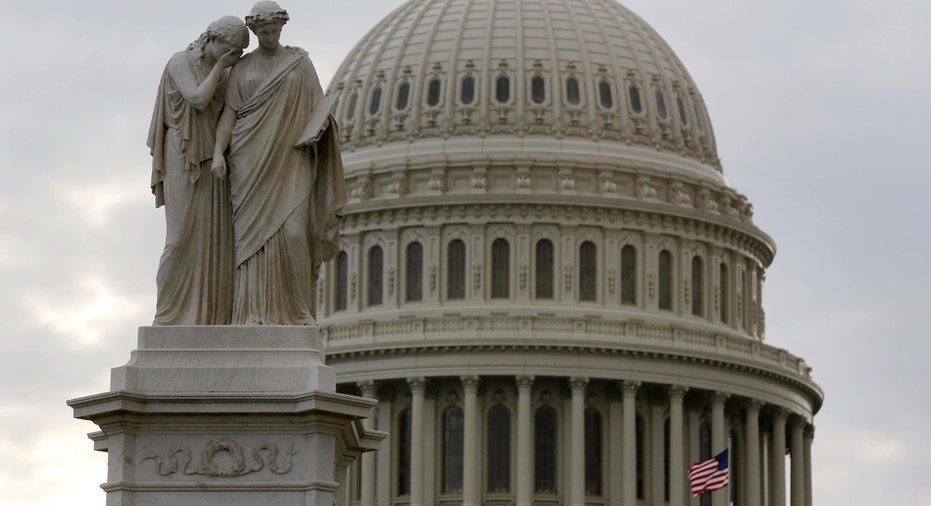Lawmakers: Leading Republican Ryan Mulls Run for House Speaker

A leading Republican with allies on the right wing of the party, Paul Ryan, is weighing a bid to replace retiring U.S. House of Representatives Speaker John Boehner, fellow lawmakers said on Friday as they sought to defuse a leadership battle.
But with Congress embarking on a week-long recess, there was no sign of any move from Ryan, a U.S. vice presidential candidate in the 2012 general election, or of any other development that could bring order to the Republican Party's disarray in the lower chamber of Congress.
Conservatives and more moderate Republicans said they would like to see Wisconsin's Ryan, chairman of the tax-writing Ways and Means Committee who negotiated a bipartisan budget deal in 2013, stand for election for speaker after the front-runner, House Majority Leader Kevin McCarthy, abruptly dropped out on Thursday.
"Although he's ruled himself out, it's very clear he's reconsidering," Representative Darrell Issa of California said of Ryan as he left a closed-door meeting of House Republicans. "The fact is, his time is now."
Ryan's spokesman Brendan Buck noted, however, that Ryan had repeatedly said he is not seeking the speaker's job. "Chairman Ryan appreciates the support he's getting from his colleagues but is still not running for speaker," Buck said.
Finding a replacement for Boehner has consumed Republicans as Congress faces a series of pressing decisions, from raising the government's borrowing authority to funding federal agencies through September. Boehner announced Sept. 25 that he would leave the post on Oct. 30.
House Appropriations Committee Chairman Hal Rogers, who wants Ryan to run, said after speaking to Ryan as Ryan was preparing to catch a plane home: "He needs to talk with his family first. But I'm optimistic."
PLEA FOR PARTY UNITY
Boehner made a plea for unity at a closed-door meeting of House Republicans, urging members to "truly listen to each other and have an open mind about how we can come together," according to a source in the room.
"It’s not helpful for one group of members to say they will only vote for this candidate on the floor," Boehner said, in apparent reference to the conservative Freedom Caucus, which has about 40 members and is aligned with the small-government Tea Party movement.
Earlier this week, the Freedom Caucus endorsed Representative Daniel Webster of Florida for speaker, raising doubts Californian McCarthy could get enough votes to win on the House floor.
Admitting he was shocked by McCarthy's sudden pullout, Boehner told Republicans he intended the speaker's election to happen before the end of October.
Among items immediately facing Congress is something Republicans generally are reluctant to do: raise the debt ceiling. The Treasury Department says the government will need to increase its borrowing limit by Nov. 5.
"The most recent development in the speaker’s race plus the compressed time frame to come to a resolution increases the chances of a policy mistake around the debt ceiling," said Libby Cantrill, a policy analyst for Pacific Investment Management Co.
There is the likelihood, however, that Boehner this month could advance a debt limit increase measure, whether the fight over his replacement is settled or not.
McCarthy's departure left Webster and Oversight committee chairman Jason Chaffetz of Utah in the race. But Chaffetz said on Friday that he, too, backed Ryan and would drop out if Ryan changed his mind.
(By Susan Cornwell and David Lawder; Additional reporting by Susan Heavey and Doina Chiacu in Washington and Trevor Hunnicutt in New York; Writing by Richard Cowan; Editing by Lisa Von Ahn and Grant McCool)



















